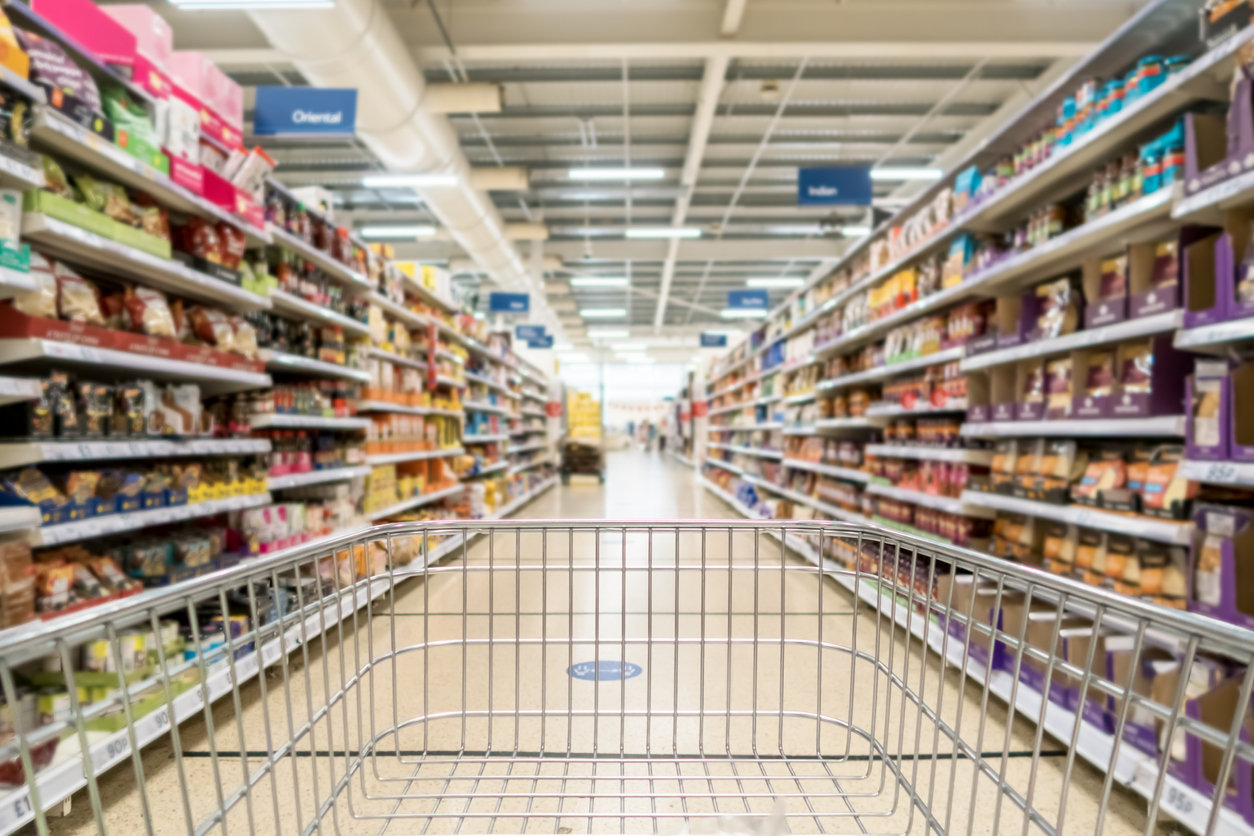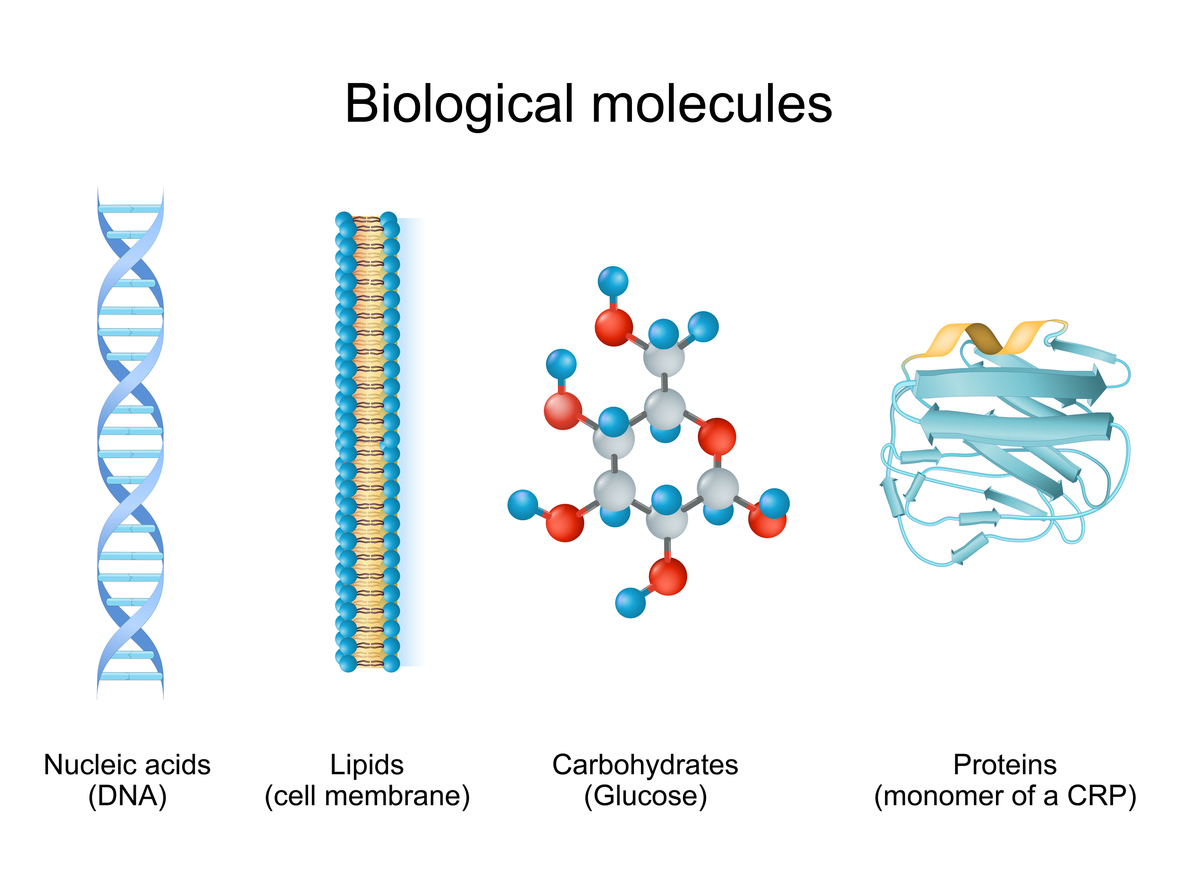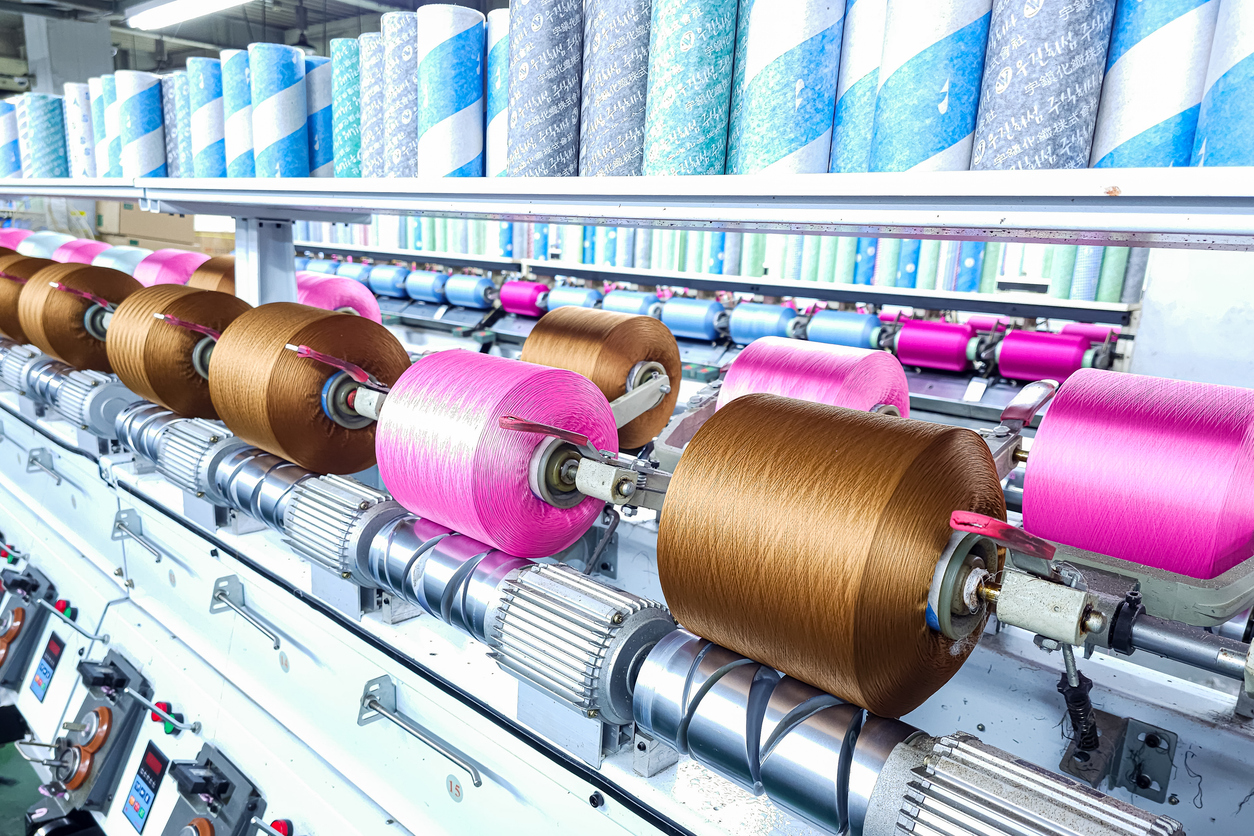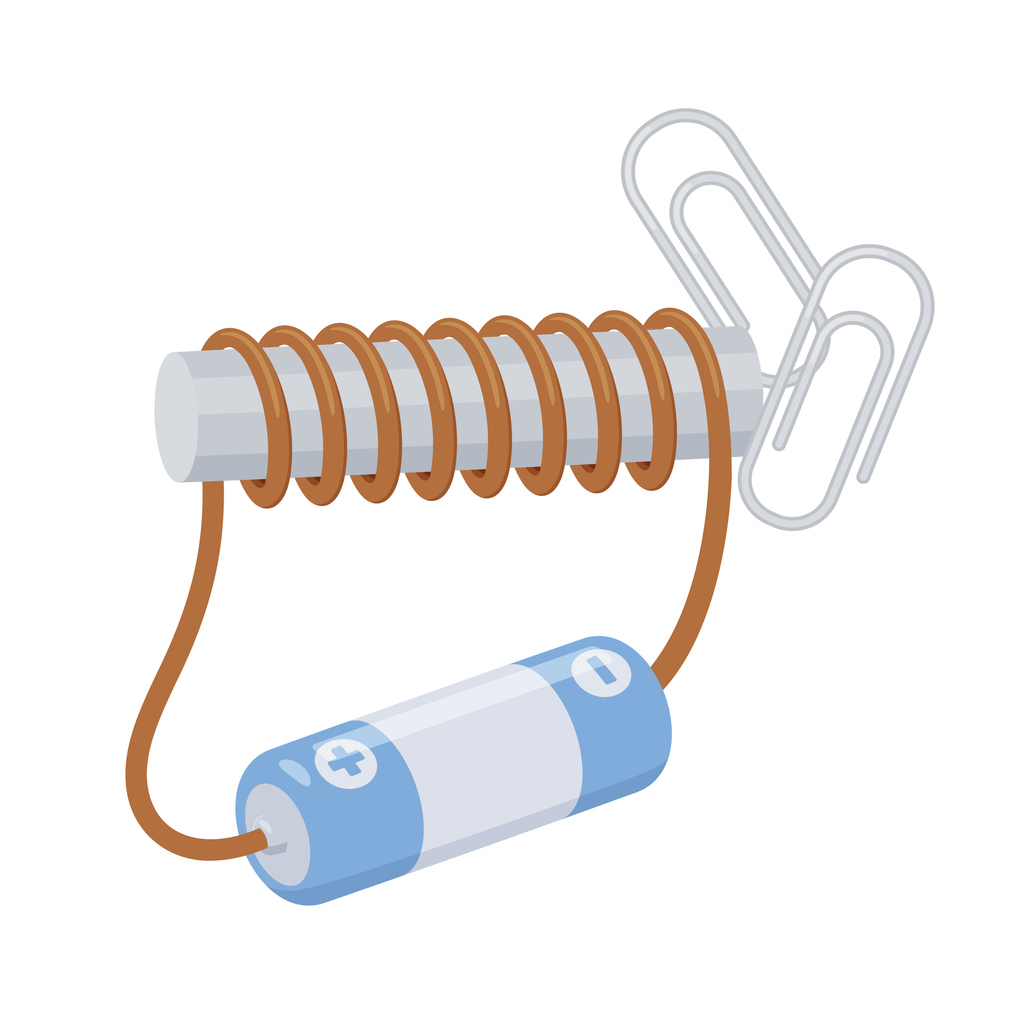An Overview Of The Fast Moving Consumer Goods (FMCG) Industry In Nigeria
An Overview of the Fast Moving Consumer Goods (FMCG) Industry in Nigeria
The Fast Moving Consumer Goods (FMCG) industry in Nigeria is a vibrant and essential sector of the economy. It encompasses a wide range of products, from food and beverages to personal care and household items. This overview delves into the market trends, key players, and the challenges and opportunities that define the FMCG landscape in Nigeria.
Market Trends
1. Growing Urbanization and Changing Lifestyles
Overview: Nigeria’s urban population is expanding rapidly, leading to increased demand for FMCG products. Changing lifestyles and higher disposable incomes are driving the consumption of convenience foods and personal care items.
Key Points:
- Urbanization is expected to grow at a rate of 4.23% annually.
- There is a rising demand for ready-to-eat and easy-to-use products.
Sources:
2. E-commerce and Digital Transformation
Overview: The advent of e-commerce platforms has revolutionized the FMCG sector in Nigeria, making it easier for consumers to access a wide range of products online.
Key Points:
- Major e-commerce platforms like Jumia and Konga are significant players.
- Increased internet penetration and smartphone usage are driving online sales.
Sources:
Key Players
1. Nestlé Nigeria
Overview: Nestlé Nigeria is a subsidiary of the global Nestlé Group, and it is one of the leading FMCG companies in Nigeria, known for its wide range of food and beverage products.
Popular Brands: Milo, Nescafé, Maggi.
Sources:
2. Unilever Nigeria
Overview: Unilever Nigeria produces a variety of products in the food, personal care, and home care segments.
Popular Brands: Lipton, Close-Up, Lux.
Sources:
3. Nigerian Breweries
Overview: Nigerian Breweries is the largest brewing company in Nigeria, producing a wide range of alcoholic and non-alcoholic beverages.
Popular Brands: Star Lager, Amstel Malta, Fayrouz.
Sources:
Challenges
1. Infrastructure Deficiencies
Overview: Poor infrastructure, including unreliable power supply and inadequate transportation networks, hampers the efficient distribution and production of FMCG products.
Key Points:
- High operational costs due to the need for private power generation.
- Delays and increased costs in product distribution.
Sources:
2. Regulatory Hurdles
Overview: Stringent regulatory requirements and inconsistent policies can create obstacles for FMCG companies.
Key Points:
- Regulatory compliance costs and bureaucratic delays.
- Frequent changes in import tariffs and duties.
Sources:
Opportunities
1. Expanding Middle Class
Overview: The growing middle class in Nigeria presents significant opportunities for FMCG companies to expand their market share.
Key Points:
- Increased purchasing power and preference for branded products.
- Potential for premium product segments.
Sources:
2. Innovation and Product Diversification
Overview: FMCG companies can capitalize on innovation and product diversification to meet changing consumer preferences.
Key Points:
- Introduction of new and improved products.
- Focus on health and wellness trends.
Sources:
Conclusion
The FMCG industry in Nigeria is poised for growth, driven by urbanization, a burgeoning middle class, and digital transformation. Despite challenges such as infrastructure deficiencies and regulatory hurdles, the sector offers substantial opportunities for innovation and market expansion. Companies that can navigate these challenges and leverage the growing consumer base stand to gain significantly in this dynamic market.
Get Your FMCG Business Growth Planner
Fill in your details to receive a personalized planner to help grow your FMCG business in Nigeria!








[…] and complex supply chains. It is one of the largest markets in Nigeria, with a value of about $20 billion. The Nigerian FMCG market is expected to grow steadily in the coming years, due to factors like […]